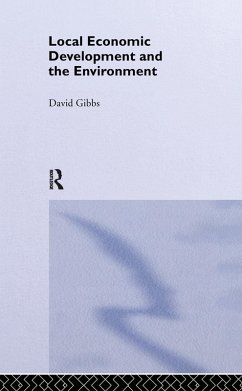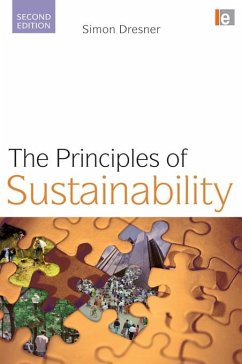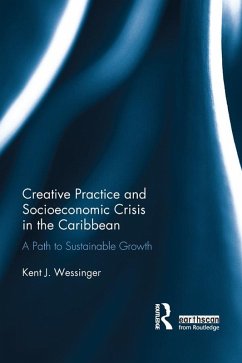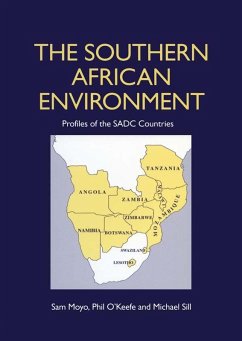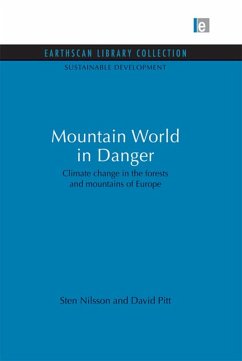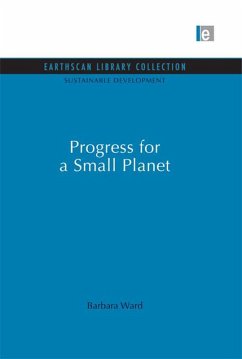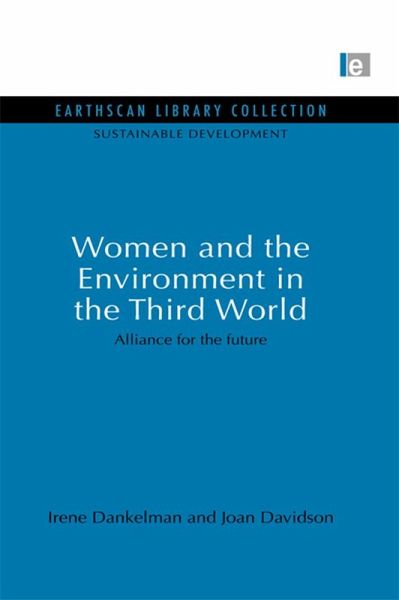
Women and the Environment in the Third World (eBook, PDF)
Alliance for the future
Versandkostenfrei!
Sofort per Download lieferbar
55,95 €
inkl. MwSt.
Weitere Ausgaben:

PAYBACK Punkte
28 °P sammeln!
'This book ... should be issued to grass-root organisations everywhere' Doris Lessing, The New Scientist 'It is must reading for government planners, environmentalists and the ordinary layman' Asia Week Women in the Third World play the major role in managing natural resources. They are also the first and hardest hit by environmental mismanagement, yet they are neither consulted nor taken into account by development strategists. lrene Dankelman and Joan Davidson provide a clear account of the problems faced by women in the management of land, water, forests, energy and human settlements. They ...
'This book ... should be issued to grass-root organisations everywhere' Doris Lessing, The New Scientist
'It is must reading for government planners, environmentalists and the ordinary layman' Asia Week
Women in the Third World play the major role in managing natural resources. They are also the first and hardest hit by environmental mismanagement, yet they are neither consulted nor taken into account by development strategists.
lrene Dankelman and Joan Davidson provide a clear account of the problems faced by women in the management of land, water, forests, energy and human settlements. They also describe the lack of response from international organizations. With the help of well-documented case studies they describe the ways in which women can organize to meet environmental, social and economic challenges.
Originally published in 1988
'It is must reading for government planners, environmentalists and the ordinary layman' Asia Week
Women in the Third World play the major role in managing natural resources. They are also the first and hardest hit by environmental mismanagement, yet they are neither consulted nor taken into account by development strategists.
lrene Dankelman and Joan Davidson provide a clear account of the problems faced by women in the management of land, water, forests, energy and human settlements. They also describe the lack of response from international organizations. With the help of well-documented case studies they describe the ways in which women can organize to meet environmental, social and economic challenges.
Originally published in 1988
Dieser Download kann aus rechtlichen Gründen nur mit Rechnungsadresse in A, B, BG, CY, CZ, D, DK, EW, E, FIN, F, GR, HR, H, IRL, I, LT, L, LR, M, NL, PL, P, R, S, SLO, SK ausgeliefert werden.




